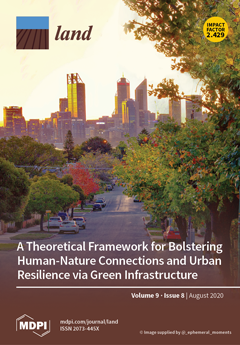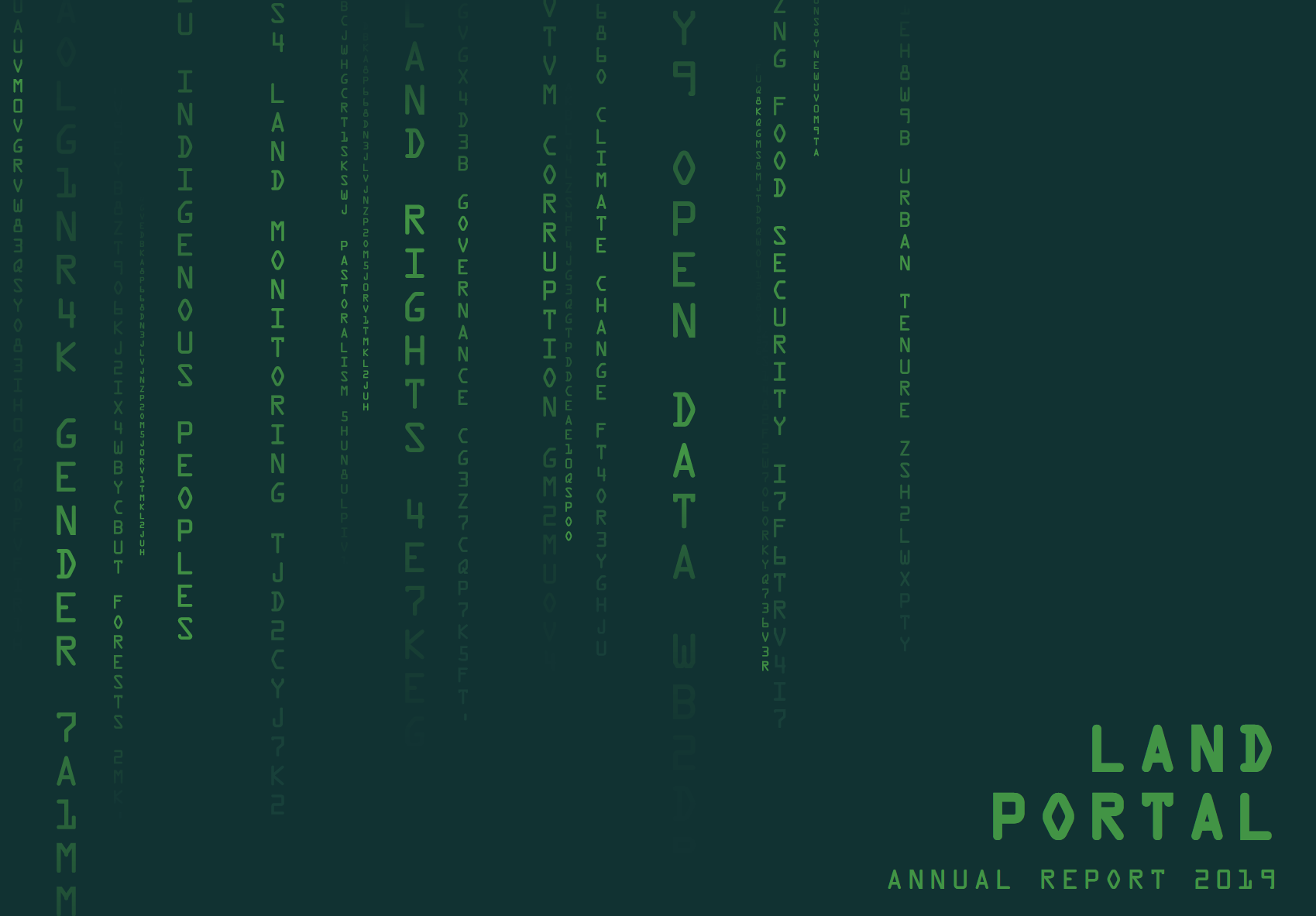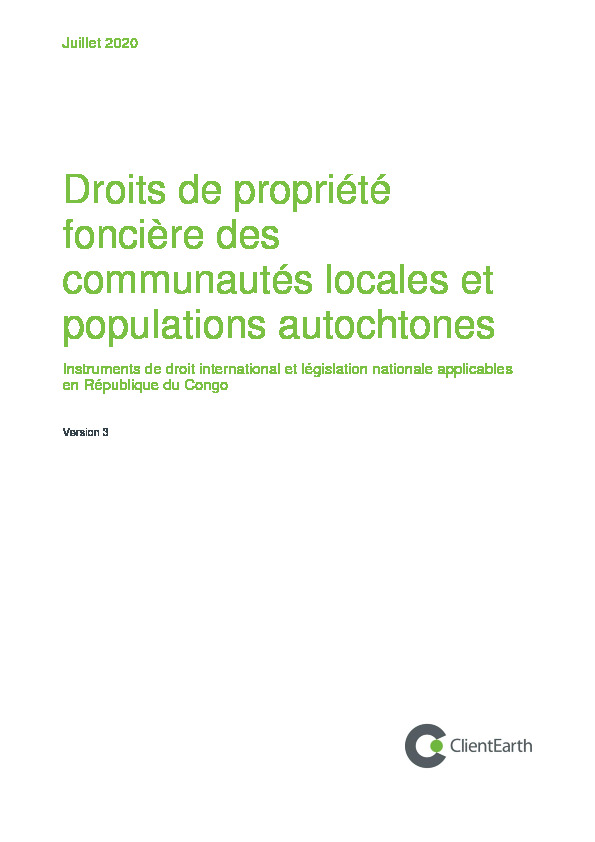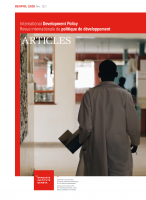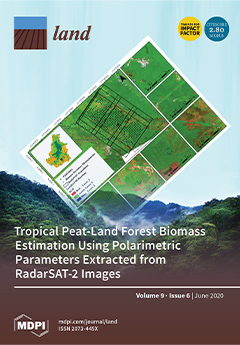Using a Gender-Responsive Land Rights Framework to Assess Youth Land Rights in Rural Liberia
This article summarizes the evidence on youth land rights in Liberia from a literature review combined with primary research from two separate studies: (1) A qualitative assessment conducted as formative research to inform the design of the Land Rights and Sustainable Development (LRSD) project for Landesa and its partners’ community level interventions; and (2) a quantitative baseline survey of program beneficiaries as part of an evaluation of the LRSD project. The findings are presented using a Gender-Responsive Land Rights Framework that examines youth land rights through a gender lens.

